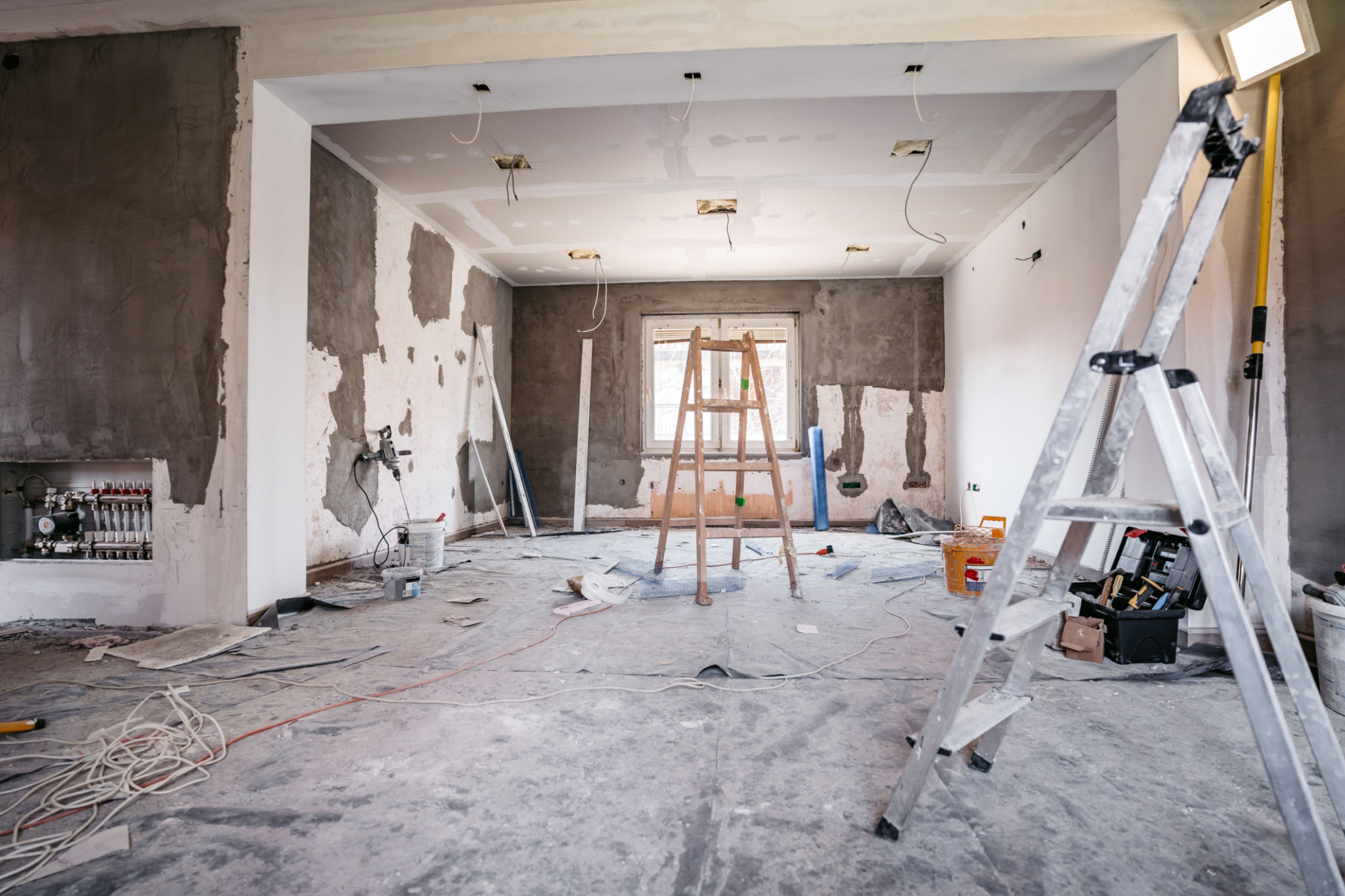How to Avoid Common Plumbing and Electrical Mistakes in Renovations
Understanding the Scope of Your Project
Renovations can be exciting, but they often come with their own set of challenges, especially when it involves plumbing and electrical work. Before diving into any renovation project, it's crucial to fully understand the scope. This means assessing what needs to be done, what permits are required, and whether you need professional help. Ignoring these steps can lead to costly mistakes and potential hazards down the line.
When it comes to plumbing and electrical work, some tasks may appear simple but require expertise. For example, moving a sink or adding new outlets might seem easy, but they can involve complex changes to your existing systems. Always evaluate if the job is within your skill level or if you need to call in a professional.

Avoiding Common Plumbing Mistakes
One of the most common plumbing mistakes during renovations is neglecting to turn off the water supply before starting work. This can lead to flooding and water damage. Always ensure that you have located and turned off the main water valve before beginning any plumbing tasks.
Another frequent error is using incorrect pipe sizes or materials. It's essential to match new pipes with existing ones in terms of size and material to ensure a seamless connection. Failing to do so can result in leaks or pressure issues. Additionally, be mindful of local building codes regarding plumbing materials and installations.

Hiring a Professional Plumber
If you're unsure about your plumbing skills, hiring a professional may be the best course of action. A licensed plumber can ensure that your renovations meet all local codes and standards, preventing potential issues in the future. They can also offer advice on materials and layouts that best suit your needs.
Avoiding Common Electrical Mistakes
Electrical work is inherently dangerous and should be approached with caution. One common mistake is overloading circuits by adding too many outlets or devices. This can lead to circuit breakers tripping or even electrical fires. It's important to calculate the load capacity of each circuit and distribute new outlets appropriately.
Another frequent issue is improper wiring connections. Loose or incorrect connections can result in short circuits or power outages. Always double-check your work and use a voltage tester to verify connections before sealing them.

When to Call an Electrician
While some minor electrical tasks can be DIY projects, many require a professional's touch. If you're dealing with complex systems or installing new circuits, it's wise to hire a licensed electrician. They have the expertise to handle intricate tasks safely and in compliance with building codes.
Ensuring Safety and Compliance
Safety should always be your top priority during renovations. This means wearing appropriate gear, using the right tools, and following all safety protocols. Furthermore, ensure that all work complies with local building codes and regulations. Non-compliance can lead to fines or obligate you to redo work at your own expense.
Before finalizing any project, conduct a thorough inspection to identify any potential issues. This step is crucial for both plumbing and electrical work, ensuring that everything functions correctly and safely before you complete your renovation.

The Benefits of Planning Ahead
Planning ahead can save you time, money, and stress during renovations. Create a detailed plan that outlines all tasks, timelines, and budgets. This will help keep your project on track and minimize unexpected complications. With careful planning and attention to detail, you can avoid common mistakes and achieve a successful renovation.
